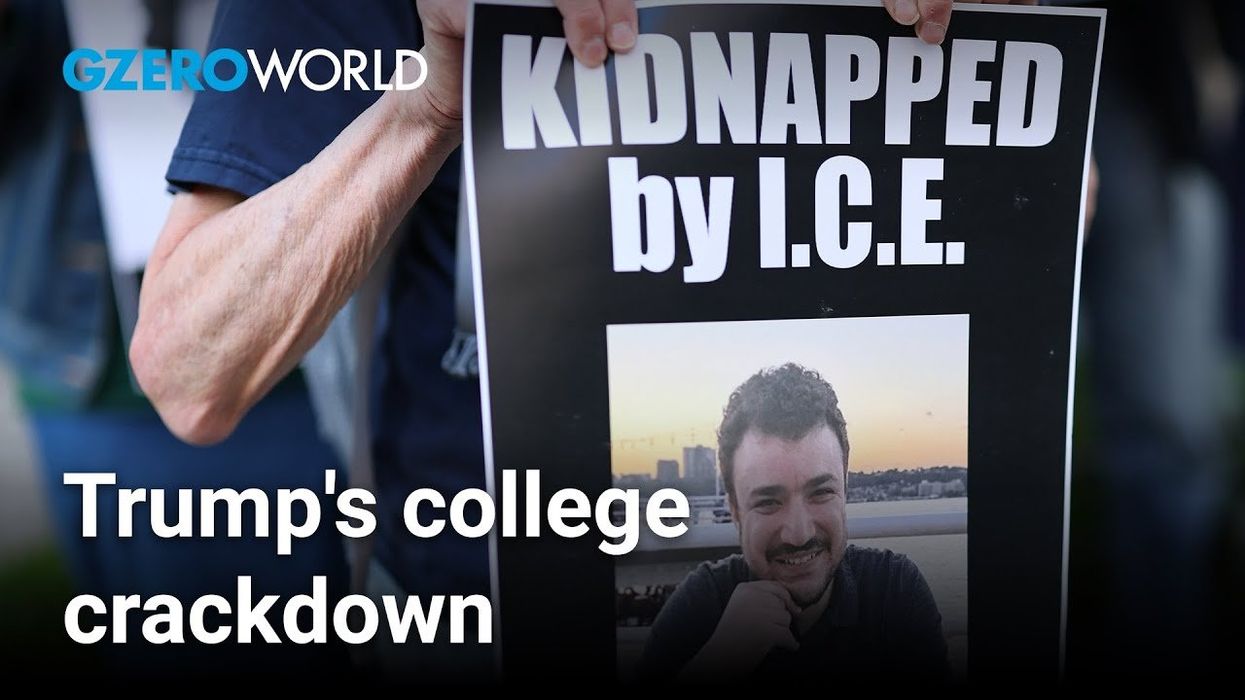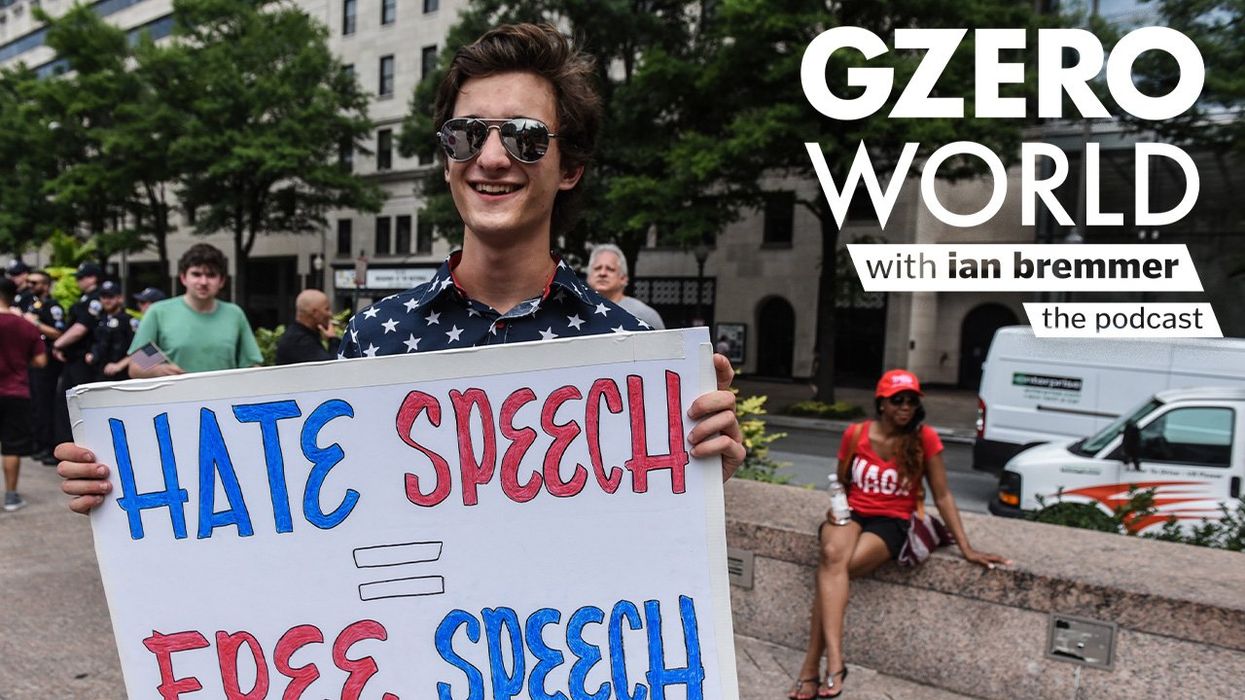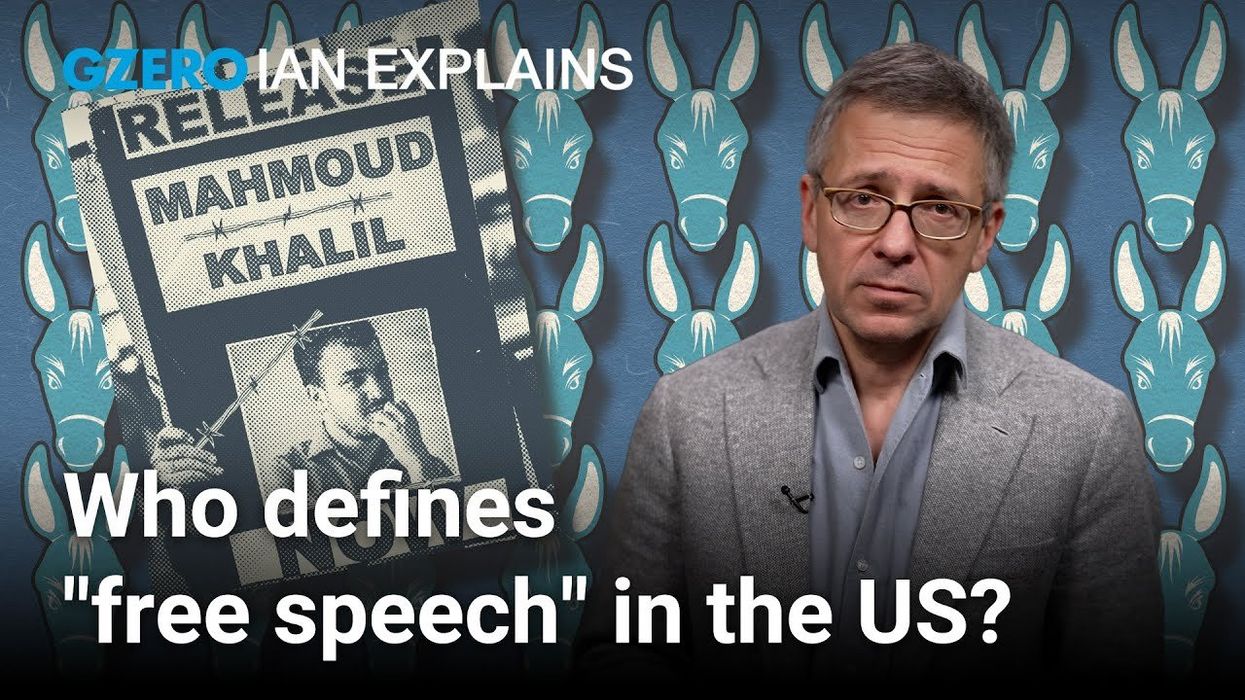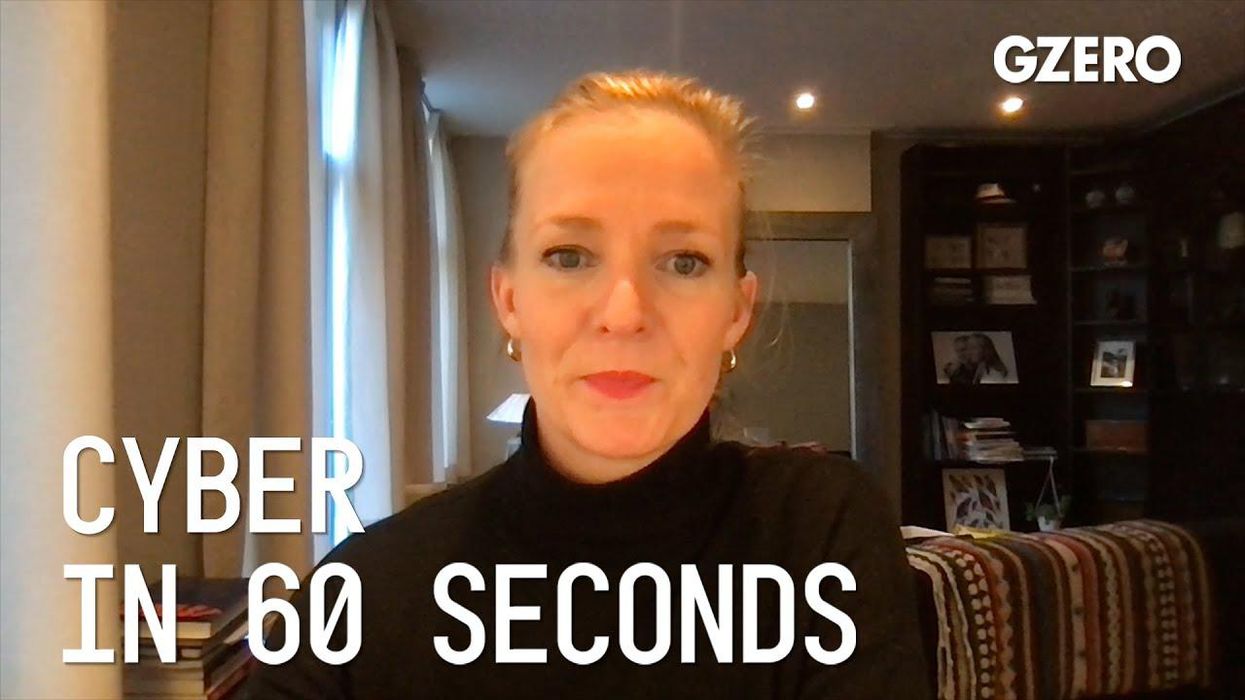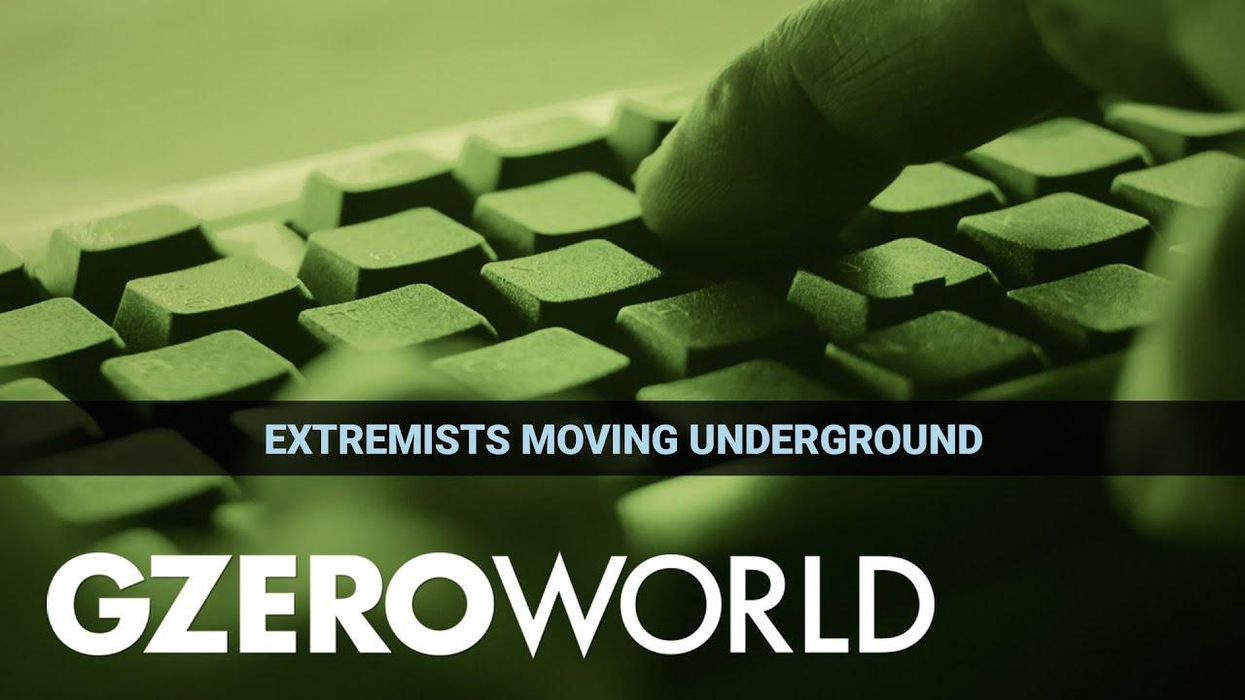GZERO World Clips
When do campus protests cross the line into hate speech?
On GZERO World with Ian Bremmer, Conservative legal scholar Ilya Shapiro argues that anti-Zionist rhetoric on campus rarely exists without antisemitic undertones—and universities must tread carefully in separating political criticism from hate speech.
May 07, 2025

